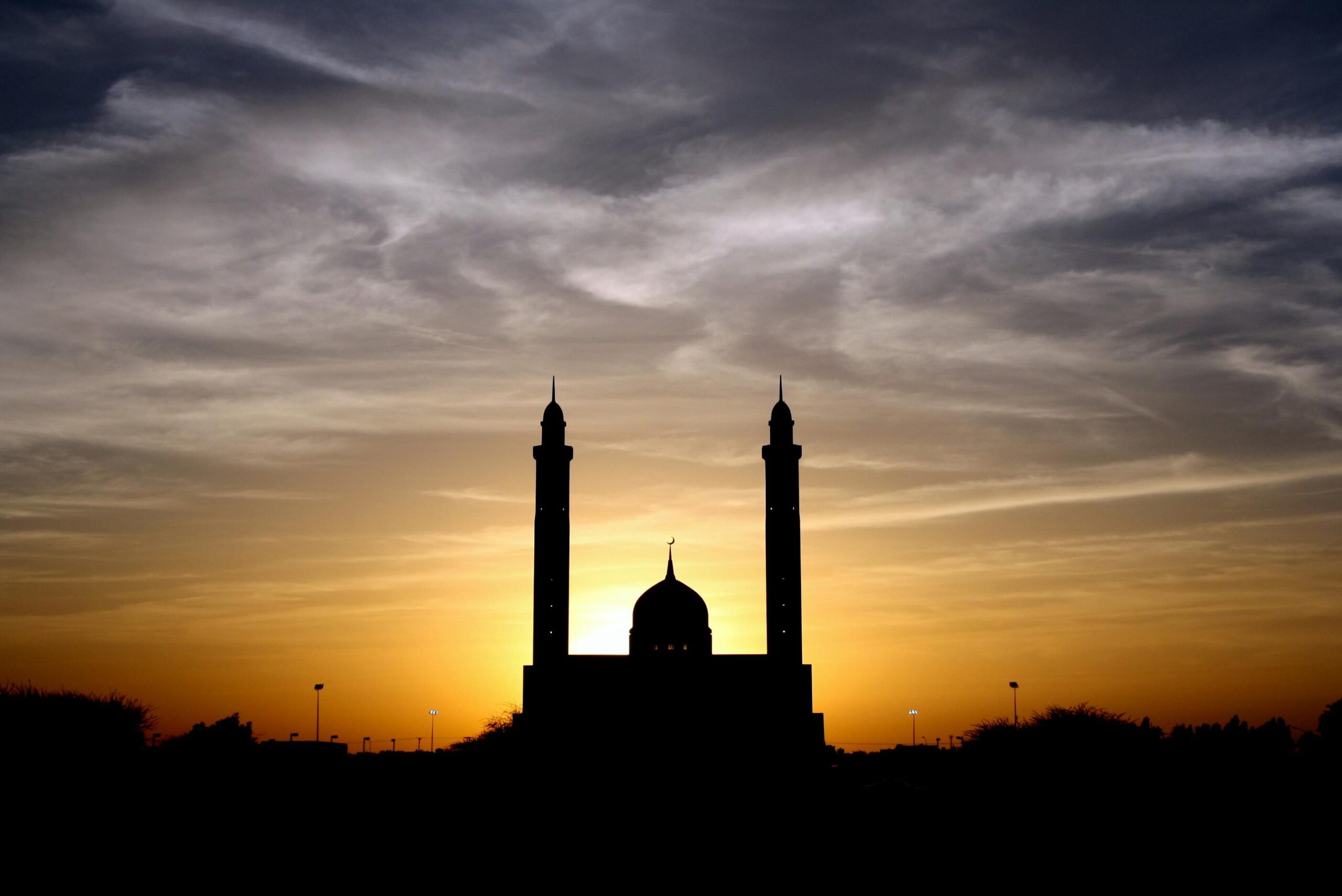For centuries, the masjid (mosque) has been the heart of the Muslim community—a place for prayer, learning, and spiritual growth. But in many communities today, especially in the West, young Muslims often feel disconnected from the masjid environment. While the spiritual purpose of the mosque remains unchanged, the culture surrounding it has, in some places, become unwelcoming or outdated, leaving many youth feeling sidelined or judged.
As Islam continues to thrive across diverse cultures and generations, it is essential to examine why this disconnect exists and how it can be addressed.
The Shift in Mosque Engagement
In earlier generations, the masjid was not only a place for worship but also a center for education, leadership, and community life. Youth were mentored by elders, included in decision-making, and found belonging in the mosque environment.
Today, while many mosques continue to offer spiritual guidance, the culture within some masjids can feel rigid, exclusive, or disconnected from the realities of young Muslims. Rules around appearance, language barriers, cultural biases, and lack of youth-led programs can make the mosque feel more like a place of criticism than comfort.
Common Reasons Youth Feel Excluded
- Judgment Over Appearance or Background
- Many young Muslims report being judged for how they dress, the way they speak, or their level of religious knowledge. Instead of being welcomed with kindness, they may face harsh comments about their clothing, tattoos, or even the way they pray.
- Cultural Dominance Over Islamic Unity
- Some masjids are heavily influenced by a single ethnic group or culture, creating an atmosphere where others feel like outsiders. This cultural dominance can alienate Muslims from different backgrounds, especially converts and youth raised in multicultural societies.
- Lack of Youth-Centered Programs
- Without engaging events, youth groups, or relevant lectures, many young people feel there’s nothing for them at the mosque. When programming doesn’t reflect their interests or struggles, they drift away.
- No Voice in Leadership
- Young Muslims often feel that decisions are made without their input. Whether it’s about events, resources, or community initiatives, the absence of youth representation creates a gap in trust and participation.
What Islam Teaches About Inclusion
The Prophet Muhammad (peace be upon him) was known for welcoming youth, listening to their concerns, and giving them responsibilities. He appointed young companions like Usama ibn Zaid and Mu’adh ibn Jabal to important positions of leadership. His mosque in Madinah was a place where everyone—young and old, rich and poor, born Muslim or convert—felt welcome.
Allah says in the Qur’an:
“And hold firmly to the rope of Allah all together and do not become divided…” (Surah Aal Imran, 3:103)
This verse is a powerful reminder that unity, inclusion, and compassion are at the core of Islamic values.
How to Reconnect Youth with the Masjid
- Foster a welcoming environment
- Greet young attendees warmly. Avoid comments that shame or criticize. Make them feel seen and valued, regardless of their appearance or past.
- Create youth-led programs
- Let young Muslims plan events, lead discussions, and express their ideas. Empowerment breeds engagement.
- Bridge the generational gap
- Encourage mentorship between elders and youth. Build relationships based on mutual respect, not hierarchy.
- Use relevant language and topics
- Address real-life issues young Muslims face—mental health, identity, career challenges—through khutbahs, classes, and support groups.
- Make the masjid a safe space
- Young people are looking for connection, not perfection. A masjid that welcomes them as they are gives them space to grow in their deen.
Final Thoughts
If the masjid is to remain the heart of the Muslim community, it must reflect the needs of all its members—including the youth. By shifting from a culture of judgment to one of compassion, from exclusion to inclusion, we can revive the true spirit of the mosque.
When young Muslims feel heard, supported, and spiritually nourished, they won’t just return to the masjid—they’ll help lead it into the future.


Leave A Comment